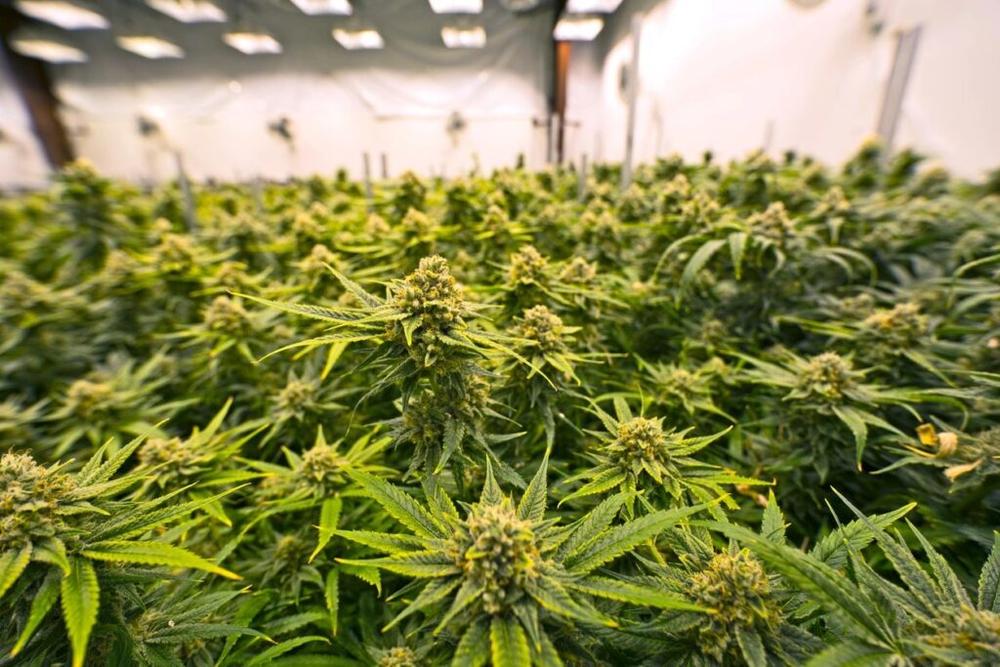Nevada Enacts Landmark Legislation Expanding Cannabis Possession Limits and Easing Industry Restrictions
LOS ANGELES- In a significant development for the cannabis industry, Nevada has ushered in the new year with groundbreaking changes to its cannabis laws. Senate Bill 277, enacted on January 1, marks a substantial shift in the state’s approach to cannabis regulation. Initially passed by Nevada lawmakers in the spring and signed into law by Republican Governor Joe Lombardo on June 14, the bill introduces several major reforms.
The legislation notably more than doubles the possession and purchase limits for recreational cannabis, elevating the cap from one ounce to 2.5 ounces for cannabis and from one-eighth of an ounce to a quarter ounce for cannabis concentrates. This change reflects a growing trend in states with legalized cannabis to reevaluate possession limits in light of evolving public attitudes and market dynamics.
A key aspect of Senate Bill 277 is its integration of medical and recreational cannabis markets. The bill permits all adult-use cannabis dispensaries in Nevada to cater to medical marijuana patients. This move is anticipated to streamline operations and reduce administrative burdens for businesses, as explained by Democratic state Senator Dallas Harris, the bill’s sponsor. Harris highlighted that this integration is designed to be business-friendly and represents a natural progression as the cannabis market matures in Nevada.
Furthermore, the legislation addresses employment restrictions in the cannabis industry. It eases the ban on individuals with felony convictions from working in or operating cannabis businesses. The Nevada Cannabis Compliance Board now has the discretion to issue licenses to businesses with stakeholders who have prior felony convictions, provided it does not compromise public health or safety or negatively impact the industry. This amendment aims to foster inclusivity and offers a pathway for individuals with such convictions to petition for the right to work in the industry.
Senate Bill 277 also tasks the state Cannabis Advisory Commission with studying the potential impacts of ending federal prohibition and removing cannabis from the state’s Uniform Controlled Substances Act. This study will explore the environmental and economic implications of these potential changes, underscoring Nevada’s proactive stance in assessing the broader effects of cannabis regulation reforms.
The enactment of Senate Bill 277 represents a significant evolution in Nevada’s cannabis laws since the legalization of medical marijuana in 2001 and the subsequent legalization of adult-use cannabis in 2016. With portions of the bill effective immediately and others commencing from January 1, Nevada continues to play a pivotal role in shaping the landscape of cannabis regulation in the United States.



































